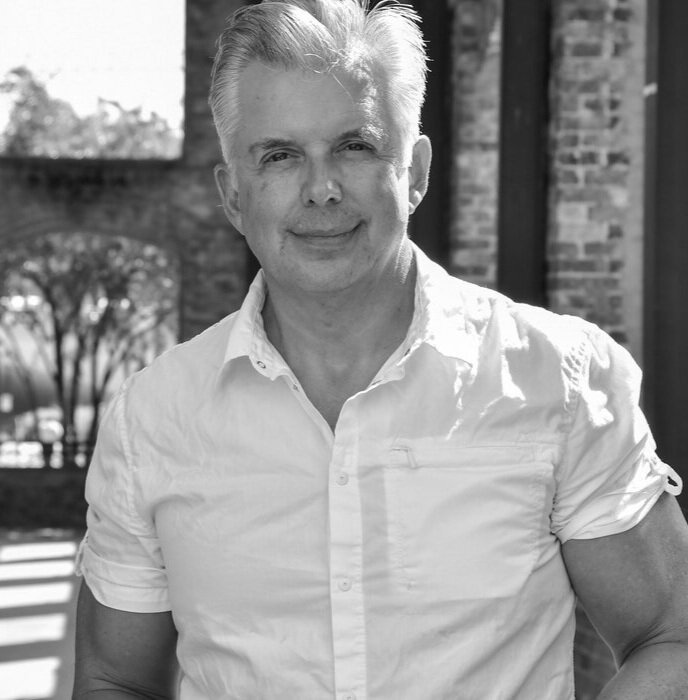Questionnaire for Journalists: Michael Cogdill, WYFF
ERPR’s series, “Questionnaire for Journalists,” features members of the media and asks about their lives and careers.
I spoke with Michael Cogdill, anchor and long-form reporter at WYFF and 29-time Emmy winner.
How did you first get into journalism? What was your first job in journalism?
My path started with an early fascination. I watched the network news with my parents as the images of Vietnam streamed in. Even as a young child, this drew me into the adult world of seeing how the greats did their writing and reporting human events. It acquainted me with pathos, long before I knew of such a word. But I didn’t study journalism, apart from communications law and copywriting/editing. Early college set off a love of the liberal arts. That education has served well.
My career started as a night reporter at WECT TV, NBC in Wilmington, North Carolina. I was fresh from UNC-Asheville, green as a marsh frog. I was stilted, obscenely formal, naive. But I learned to communicate on my feet, learned the early ways of a news anchor — with all the gatekeeping and copy-editing required by the role. I got to play with television and find a way upward into it as a career.
How do you decide what to cover?
In my current role as a news anchor, those decisions are made by an editorial team, of which I am a part. But as a long-form reporter, I’ve pursued stories of seemingly ordinary people doing extraordinary things. Stories of a man building a submarine to go search for the Loch Ness monster, a guy who retrofitted his Volkswagen to run on used vegetable oil from restaurants — these give people some relief from the weighty news of the day. Stories of Susan Smith murdering her children and the killings of the Emmanuel Nine in Charleston were assigned to me to report on and field anchor. These are stories that mark us for life.
What is the most interesting news story you’re following right now that you’re not covering?
Right now the world is focused on COVID 19, so it’s hard to pinpoint one I’m not covering. As far as covering a story on the ground, major political campaigns are always fascinating. I’ve been on the road with candidates, and to witness the populism and the campaign styles is always a draw.
If you weren’t in journalism, what would you be doing?
I nearly bolted from journalism, west to Pepperdine Law School. I’d likely be a lawyer in private practice. I used to think I wanted to be a small-town lawyer doing estate work, and that still holds some allure. But so does litigation. For all that’s stimulating about it, I’m glad I didn’t pursue it as a career. Now, that’s the long look back. Currently, I’d be a full-time writer, media entrepreneur, consultant and speaker. How’s that for an alternative into retirement one day?
What do you read or watch every morning?
I read the news of the financial markets and the headlines of the morning, then I try to read some portion of one of the seven or so books I have going at once. I’m lately intrigued by human behavior, reading the likes of Joe Dispenza, Dr. David Hawkins. I just downloaded Where The Crawdads Sing. I’ve let myself down on great fiction lately. As for watching, I anchor the late news, so I’m not up early enough, but my daily choice would be Morning Joe.
What is the trait you most deplore in others?
Unkindness. People who are deliberately unkind to others, especially those on the downside of advantage.
What is your idea of perfect happiness?
Peace. Being in a beautiful, warm place, playing in some big water, on a fine boat — these are always fun. But there’s no substitute for the peace that comes with the gifts of authentic love, meaningful work, spiritual connectivity.

